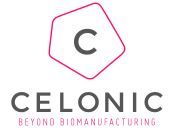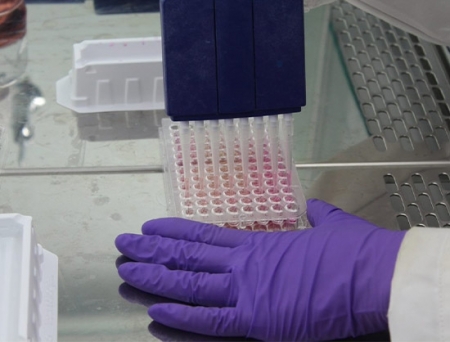rafapress/Shutterstock
CureVac NV, based in Tübingen, Germany and Boston, announced it was cutting the size of its external European manufacturing network for its mRNA product pipeline. This, the company says, is a strategic decision based on decreased short-term peak demand for vaccines after the first wave of vaccinations.
The company’s COVID-19 vaccine, CvnCoV, is reviewed by the European Medicines Agency (EMA). It had contracts with Germany’s WACKER and Switzerland’s Celonic to manufacture the mRNA drug substance of CVnCoV. As part of the decision, those contracts will be terminated.
CureVac dealt with Rentschler Biopharma and Novartis for mRNA production and formulation. Those contacts will be unaffected by the new strategy. The company emphasized that “streamlining of capacity does not limit the availability of clinical trial material for CV2CoV, the second-generation COVID-19 vaccine candidate jointly developed with GSK, expected to enter the clinic in the fourth quarter of 2021.”
The company also has manufacturing contracts with Bayer and Fareva, which are not affected by the cuts.
“The continuous increase in mRNA manufacturing capacity together with the progress of large-scale vaccination efforts have strongly changed the demand for our first-generation COVID-19 vaccine, CVnCoV, over the last months,” said Malte Greune, CureVac’s chief operating officer.
In June, CureVac announced data from the second interim analysis of its pivotal Phase IIb/III trial in about 40,000 subjects of its CVnCoV. The vaccine demonstrated an efficacy of 48% against COVID-19 of any severity, which did not meet prespecified statistical definitions of success.
“While we were hoping for a stronger interim outcome, we recognize that demonstrating high efficacy in this unprecedented broad diversity of variants is challenging,” said Franz-Werner Haas, CureVac’s chief executive officer. “As we are continuing toward the final analysis with a minimum of 80 additional cases, the overall vaccine efficacy may change. In addition, the variant-rich environment underlines the importance of developing next-generation vaccines as new virus variants continue to emerge.”
On August 16, the company and GSK published preclinical data of the first-generation vaccine, CVnCoV, and its second-generation candidate, CV2CoV, against the SARS-CoV-2 challenge in nonhuman primates. The research was conducted with Dan Barouch of Beth Israel Deaconness Medical Center. It was in cynomolgus macaques vaccinated with 12 micrograms of either the first or second-generation vaccine candidate.
The second-generation vaccine demonstrated better activation of innate and adaptive immune responses and a faster response onset, higher levels of antibodies, and stronger memory B and T cell activation than the first-generation candidate. When the macaques were given doses of the original SARS-CoV-2 virus, the animals with the second-generation vaccine were better protected based on highly effective clearance of the virus in the lungs and nasal passages.
“The mRNA technology is a key strategic priority for us, and we are investing significantly in a number of mRNA programs focused on the collaboration with CureVac, said Rino Rappuoli, chief scientist and head of GSK Vaccines R&D. “The strong immune response and protection in preclinical testing of this second-generation mRNA backbone are very encouraging and represent an important milestone for its further development.”








